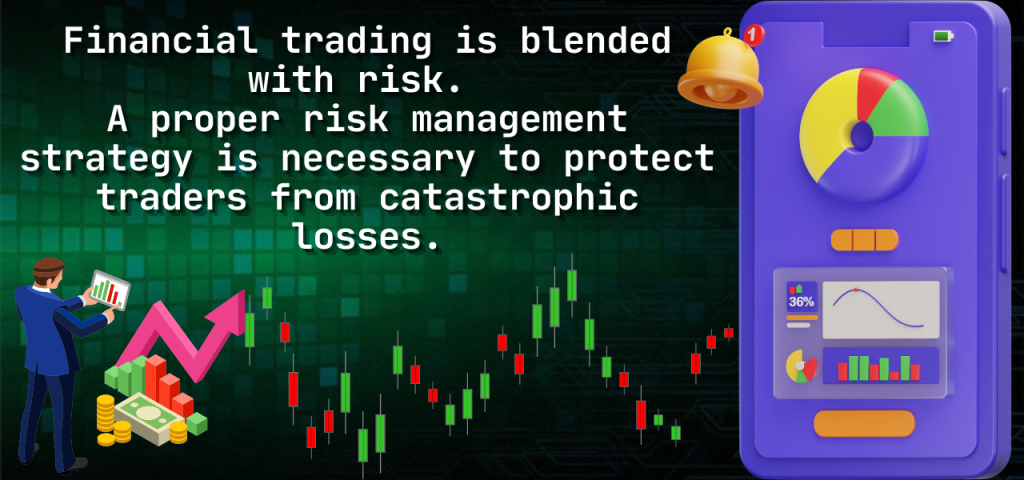Financial trading is something about buying and selling financial assets. It’s carried out in two ways, via an exchange or over the counter. Exchange is a highly systematized marketplace where traders can trade a specific type of instrument. For example, we can buy local shares on Colombo Stock Exchange. Trade over the counter, made between two parties directly.
In today’s market, there are over 18,000 Financial markets and instruments that we can trade. Possesses,
- Shares
- Indices
- Forex
- ETFs
- Bonds
Nevertheless, the final consequence of trading will stand to make a profit. When an individual buys an instrument for a paltrier than that person pledges it for, then that trader can make a profit. The same applies to flops.
Simply financial trading blended with risk. Higher Risk makes a Higher profit and lower risk make a diminutive profit. Risk is the key notion when talking about financial trading. No matter what’s the instrument, balancing potential gain against risk is pivotal to a prosperous trading strategy.
A proper risk management strategy is necessary to protect traders from catastrophic losses. This means determining how the risk is appetite, knowing how risk reward ratio on every trade, and taking steps to protect from long-tail black swan events.

Trade markets has peaked in the recent past. Every trader in the finance market has a vision and hope of being the next Warren Buffet or Elon musk and concocting massive wealth through trading. While this is quite difficult to achieve, it is definitely not impossible. There have been many cases in the modern world where traders have become rich through their investments in financial markets.
The future globe is rebellious. The success of a trader depends on how he minimizes the risk, it’s a must to discover more about how financial markets Operate at ever-faster rates.
Some of the key points of strategies that can help in generating more wealth from finance markets,
- Buy and hold
- Capital appreciation through compounding
- Returns through dividends
- adopt different investment styles
- Diversification
- Evaluate the business share’s inherent value
Traders furthermore require a gigantic amount of forbearance and a practical approach to investment without letting emotions guide one’s investment decisions. The changing approach of investors today and the glut of proficiency available are especially crucial tools that can help in developing the vision as a reality.




